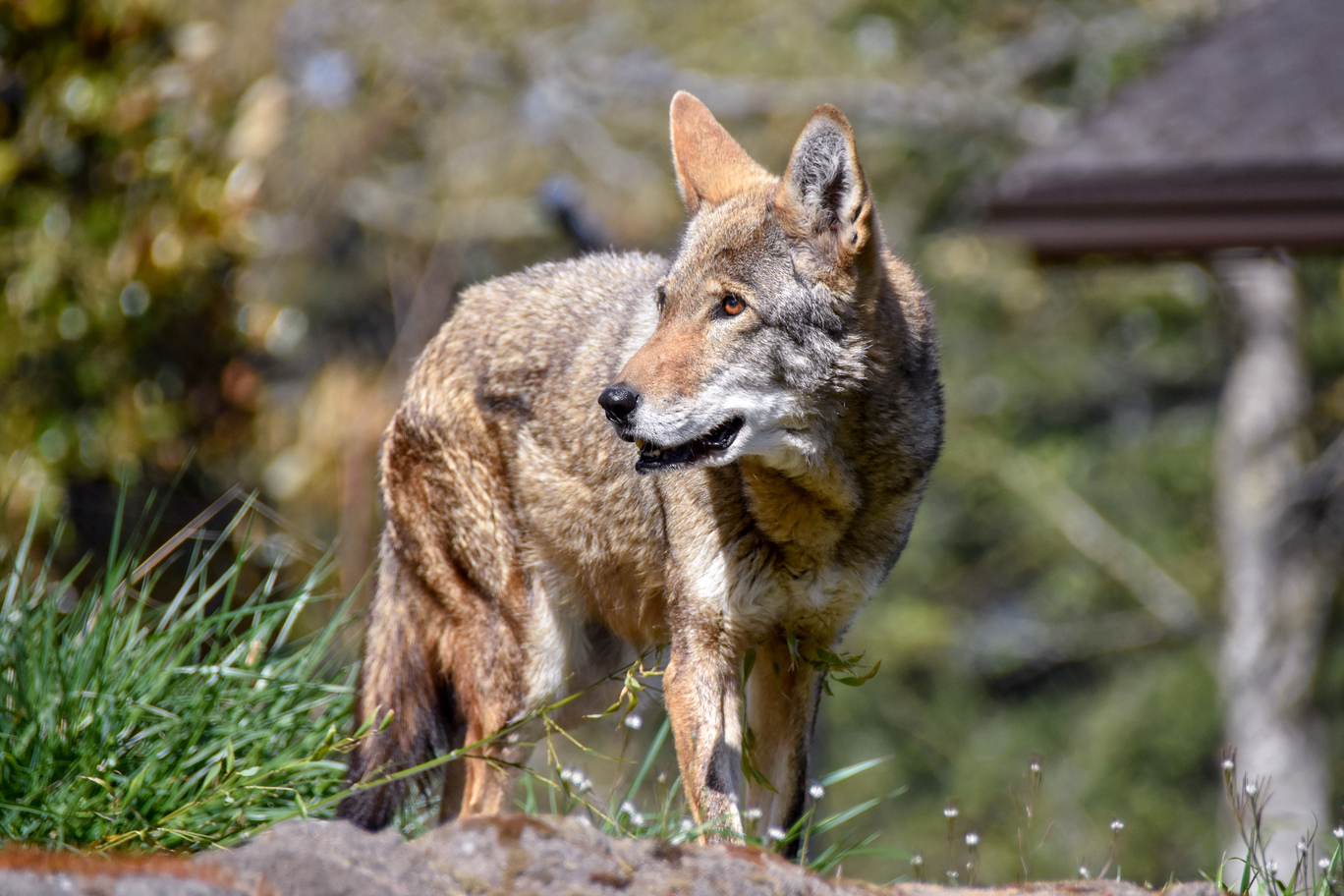
Enhancing animal reproduction through hormone monitoring: Over the last twelve years, PDZA has used non-invasive studies of endocrine hormones to enhance reproduction of clouded leopards, red wolves, Asian small clawed otters, walrus and other species. This grant will fund work using our in-house lab at Northwest Trek Wildlife Park to gain timely insight into animals’ reproductive status.
Red wolf diet and health studies: Researchers speculate that diet may play a role in the red wolves’ susceptibility to inflammatory bowel disease. Two studies will examine this link to inform future management of red wolf diets, enhancing their health and reproductive success.
Sumatran tiger assisted reproduction: This study will advance the potential for using non-surgical artificial insemination (AI) to enhance the breeding capacity of Sumatran tigers in zoos. Through AI, a pair of animals can produce offspring regardless of compatibility or their physical location. This effort will allow AZA’s Species Survival Plan (SSP) to maximize genetic diversity while lessening the need for transferring or importing animals for breeding.
Thailand Clouded Leopard Consortium: PDZA works with the National Zoo and Nashville Zoo to collaborate with the Khao Kheow Open Zoo in Thailand to facilitate the management, study, and breeding of clouded leopards. To date 70 cubs have been born in Thailand, with ten imported to the U.S. This effort has introduced new genetic lines, allowing the SSP population to significantly grow and experience successful reproduction in North America.
A grant supports Conservation Response Units in Sumatra, to address conflicts between people and wild elephants. Formerly neglected elephants are trained to carry forest rangers into elephant territory to fight crime, rescue wildlife, reduce elephant-human conflict by herding wild elephants away from settlements and provide education and outreach programs to villages in and around the parks.
Little is known about shark behavior and movements and the impacts of large-scale fishing activities. Zoo funding allows scientists with the Fins Attached organization to tag hammerheads and other sharks to track their movements in the Revillagigedo Islands, off the coast of Baja, Mexico. Information collected has increased understanding of sharks in the region and recently played a role in the Mexican government’s expansion of the protected area surrounding the islands.
This project focuses on public outreach to address the impacts of hunting and habitat loss on anoa and babirusa. Utilizing a three-day intensive outreach curriculum developed with assistance from a PDZA educator, this project will visit schools and villages to conduct training workshops, deliver curriculum activities, and assess changes in knowledge and attitudes.
Potential new red wolf reintroduction sites have been identified in southern Missouri and northern Arkansas. This study will evaluate attitudes towards wolves and assess the impact education programs have on public perceptions. This information will be vital for gaining on-the-ground insights about regional attitudes to inform conservation efforts for this critically endangered species.
Support for the Washington Department of Fish and Wildlife’s aerial monitoring of fishers reintroduced in the Cascade Mountains.
Point Defiance Zoo & Aquarium (PDZA) awarded grants totaling $312,330 to 32 projects in 2017. These grants are allocated from the Dr. Holly Reed Wildlife Conservation Fund, which is administered by The Zoo Society. The Fund has awarded more than $1.8 million since 2002.
The Zoo Society works with PDZA to conserve wildlife and wild places at home and abroad. Donations from zoo guests, community members, and other sources provide money for the conservation fund, which is named in honor of longtime PDZA head veterinarian Dr. Holly Reed, who died in 2012.